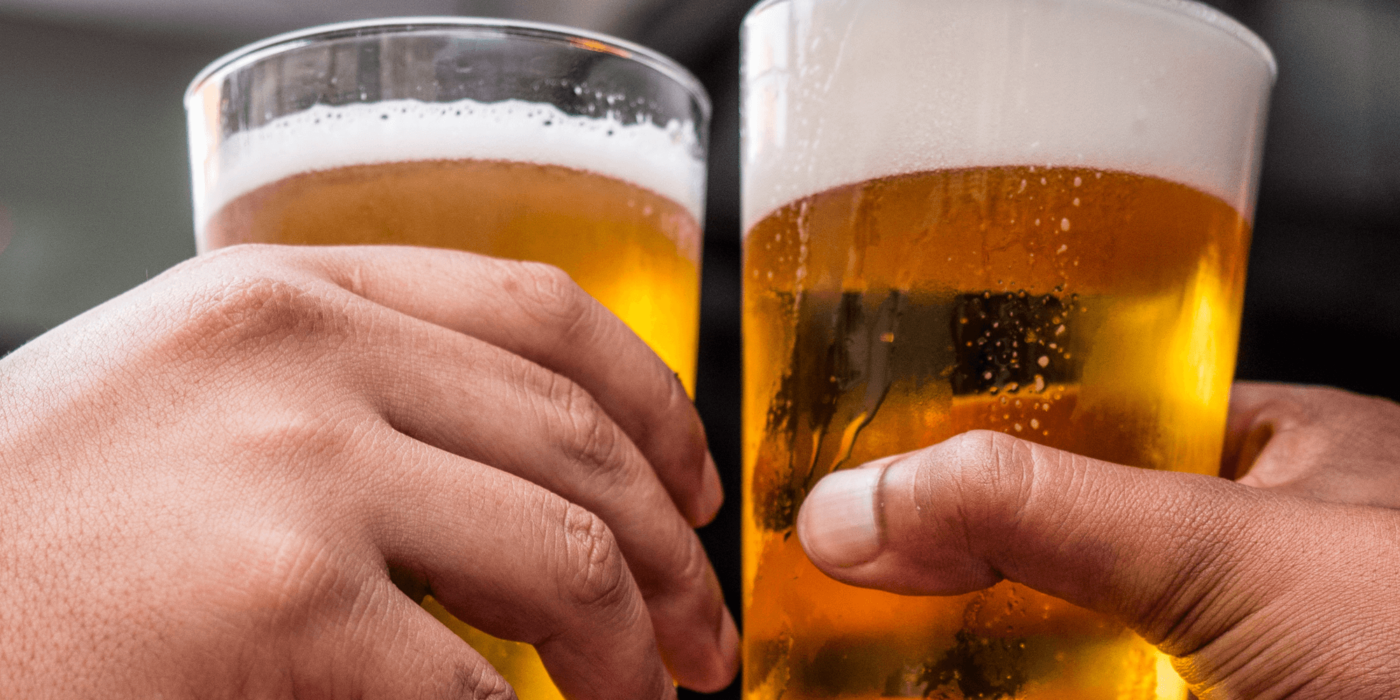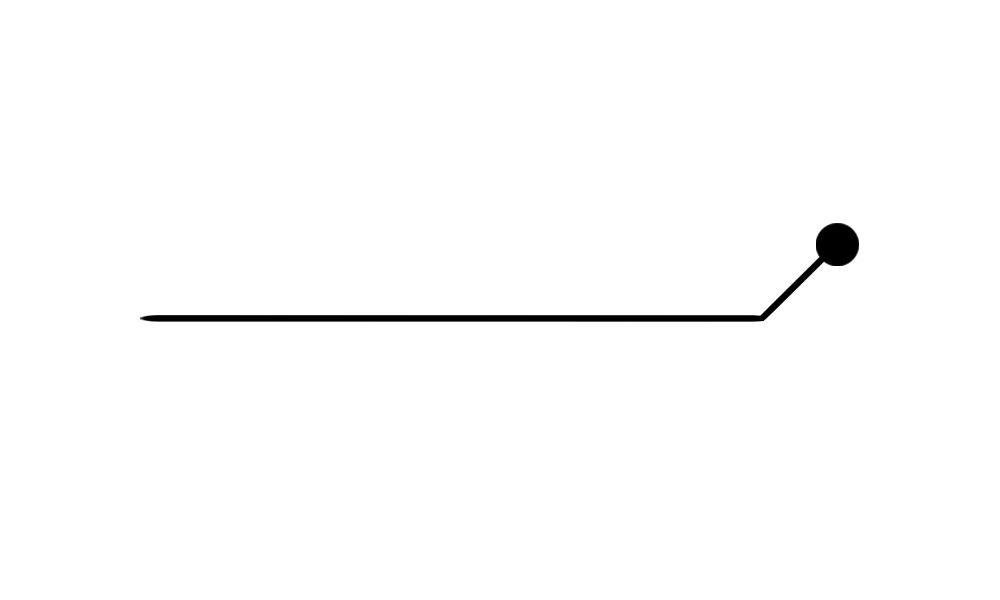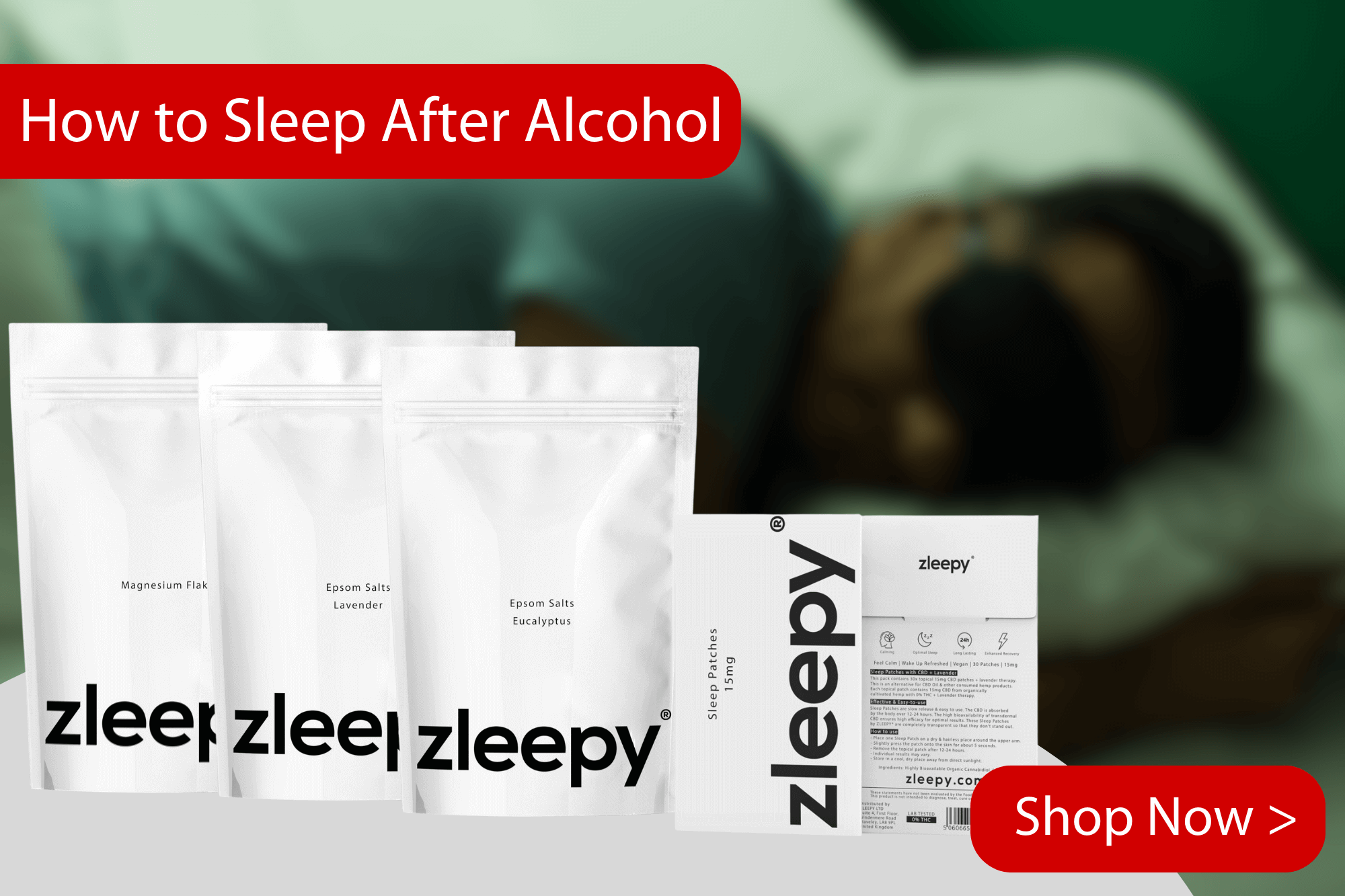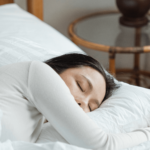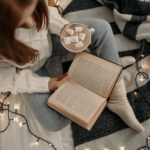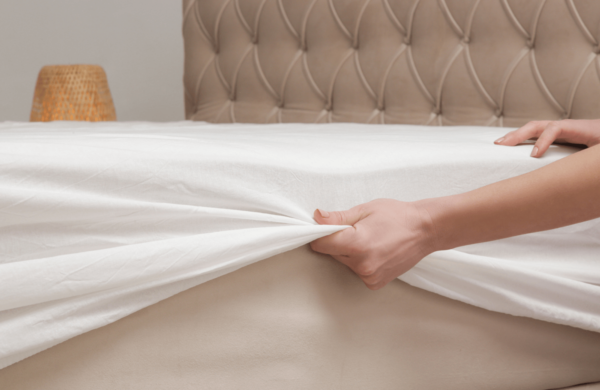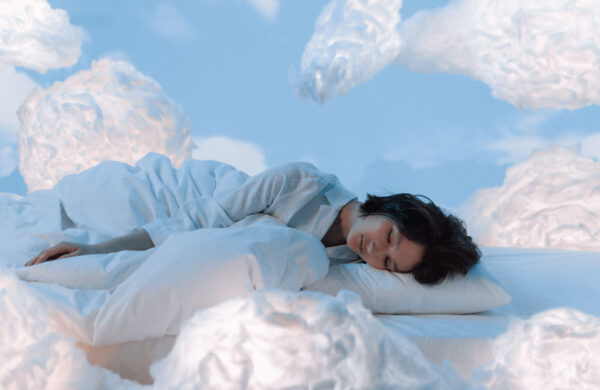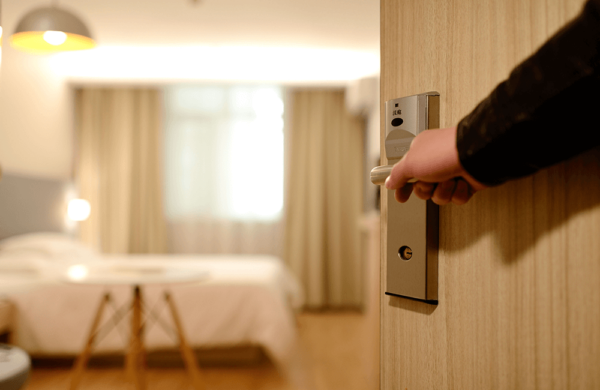How to Sleep After Drinking Alcohol
Enjoying a drink or two is a common way to unwind and socialise, but alcohol can play havoc with our sleep.
Although it may help you fall asleep initially, it can disrupt your sleep quality and leave you feeling groggy and far from refreshed the next day.
Alcohol may seem like it helps you relax, but it actually doesn’t do your sleep any favours. Instead, it gets in the way of your body’s natural healing and rejuvenation processes while you’re catching some Z’s.
This is why people who frequently consume alcohol might experience premature skin ageing & health problems.
In this post, we’ll delve into some tips and strategies for improving your sleep after enjoying a few drinks.
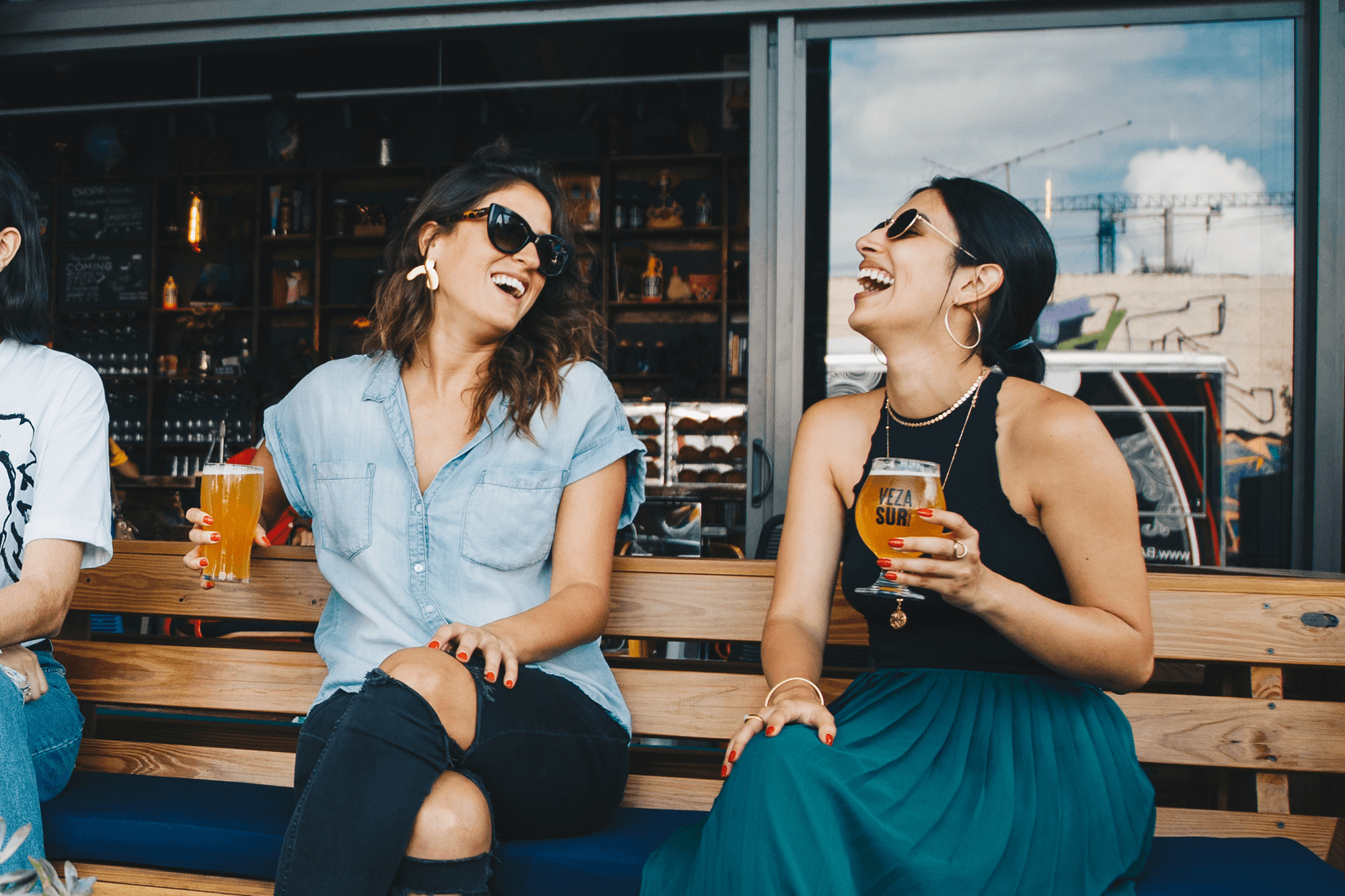
Hydration after Alcohol:
It’s super important to keep yourself hydrated when you’re drinking alcohol, as it can really make a difference in how it impacts your sleep.
Don’t forget to drink lots of water before, while, and after you enjoy your night out.
Alcohol is a diuretic, meaning it causes increased urine production, which can lead to dehydration as it gets rid of many of your minerals and fluids from your body.
Dehydration can worsen hangover symptoms and further disrupt sleep.
There are some great supplements on the market that can help you stay hydrated and support better sleep, so it’s worth looking into the following:
Electrolytes after Alcohol:
Look for electrolyte products, as these can help replenish essential minerals lost through alcohol-induced dehydration.
Choose one that has high levels of sodium, as it is one of the main minerals that is lost from drinking alcohol! It’s good practice to try and drink these before you go to sleep, so leave a bottle by your bed to drink before you drift off.
Dehydration can affect sleep quality as it can reduce the amounts of melatonin that your body produces.
Limit Alcohol Intake:
Practising moderation and setting limits on the number of drinks you consume is crucial for reducing the impact alcohol has on your sleep quality.
By sticking to a predetermined limit, you can still enjoy yourself without overindulging and experiencing disrupted sleep.
The NHS recommends that both men and women should not regularly drink more than 14 units of alcohol per week.
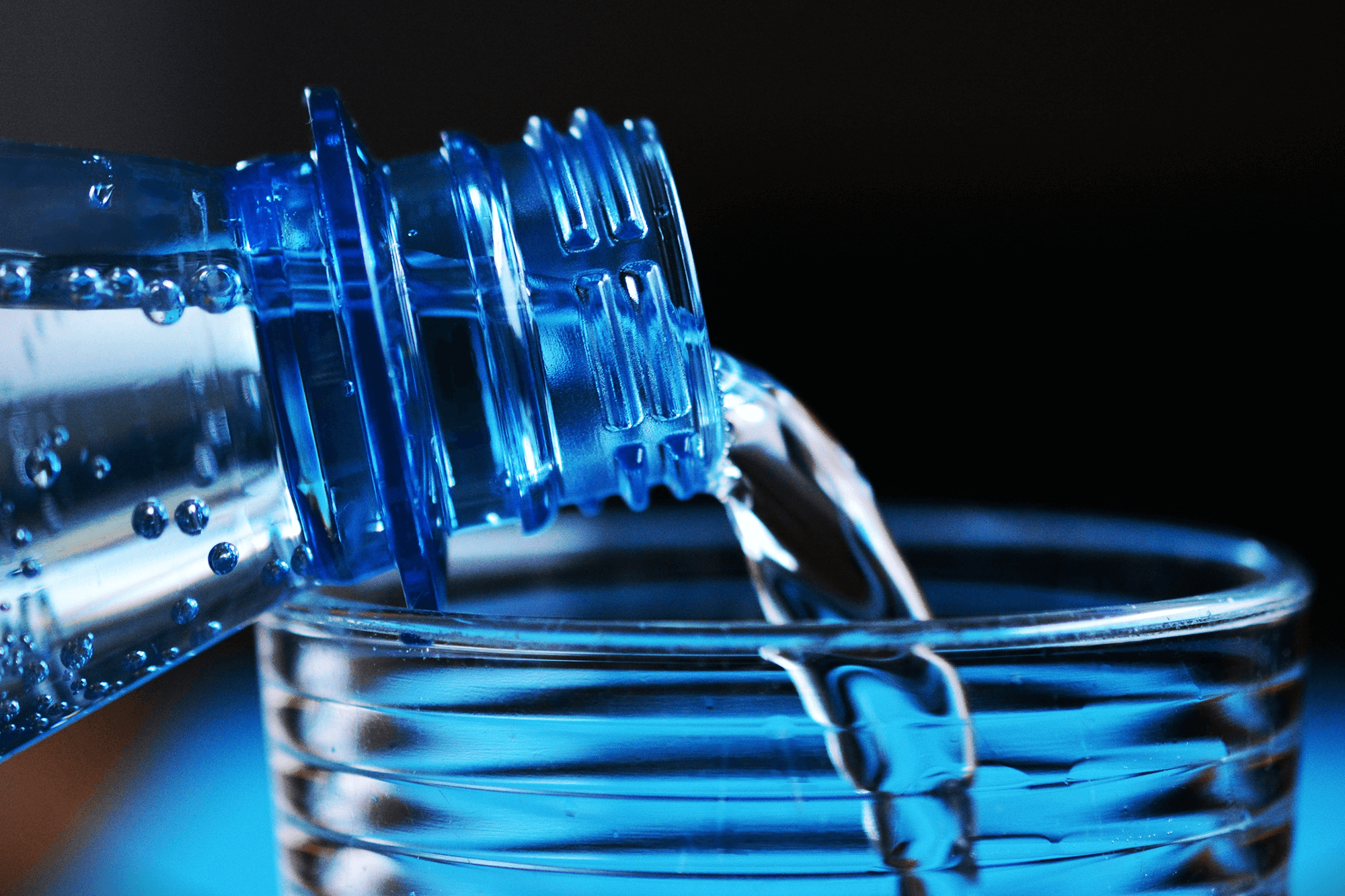
Give Your Body Time:
Allow your body enough time to metabolise the alcohol before heading to bed.
It typically takes about an hour for your body to process one unit of alcohol, so giving yourself some time between your last drink and bedtime can help reduce its impact on your sleep.
Eating a nutritious late-night snack can help slow down alcohol absorption and provide your body with some much-needed calories to aid in recovery.
Go for snacks that are high in protein, healthy fats, and complex carbohydrates, such as whole-grain crackers with cheese or a couple of slices of toast with avocado and eggs. Just eat whatever is available!
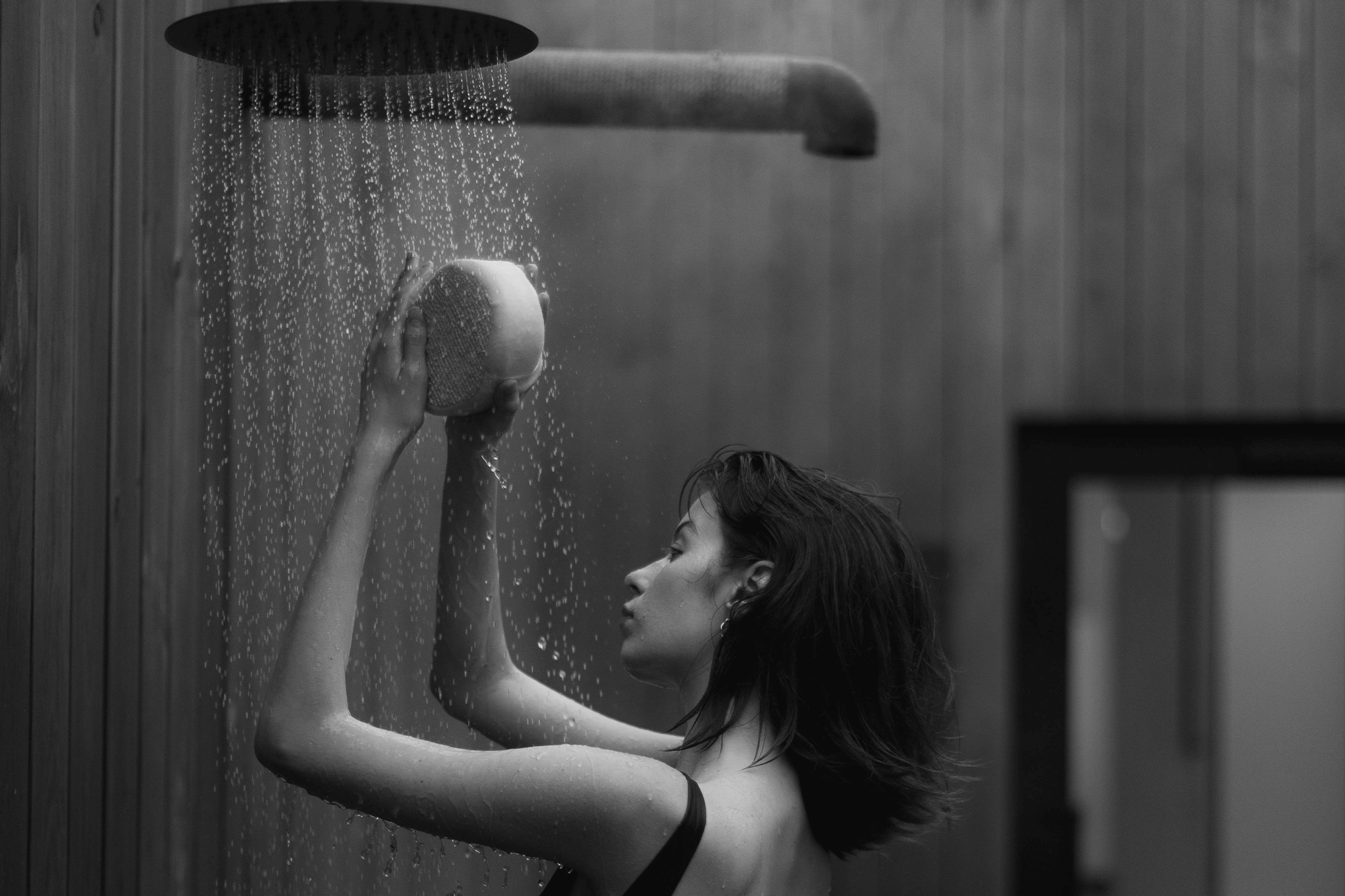
Sleep Environment:
Creating a sleep-friendly environment is essential for a good night’s rest.
Ensure your mattress is comfortable, the room temperature is cool (especially important when alcohol has raised your body temperature), and external light and noise are minimised.
Use cool bedding like bamboo bedding or linen, that is breathable to help stop your body from overheating as you sleep.
You can use blackout curtains or an 3D eye mask to block out light and consider using earplugs or a white noise machine to drown out any noise that might disrupt your sleep.
It’s crucial to keep electronic gadgets away from the bedroom too, since the blue light from screens can mess with melatonin production, which is the hormone responsible for sleep.
Cold Showers and Saunas:
Do cold showers help you sleep? Taking a cold shower for sleep after drinking before bed can help lower your core body temperature, making it easier to fall asleep.
If you have access to a sauna and cold shower or ice bath, you could try using them before bed to help your body detoxify from the alcohol.
Saunas can promote sweating, which can help your body eliminate toxins, while cold showers or ice baths can help constrict blood vessels and reduce inflammation.
Just remember to stay hydrated with electrolytes and take necessary precautions.
Be sure to consult a healthcare professional before trying any new therapies, especially if you have pre-existing health conditions.
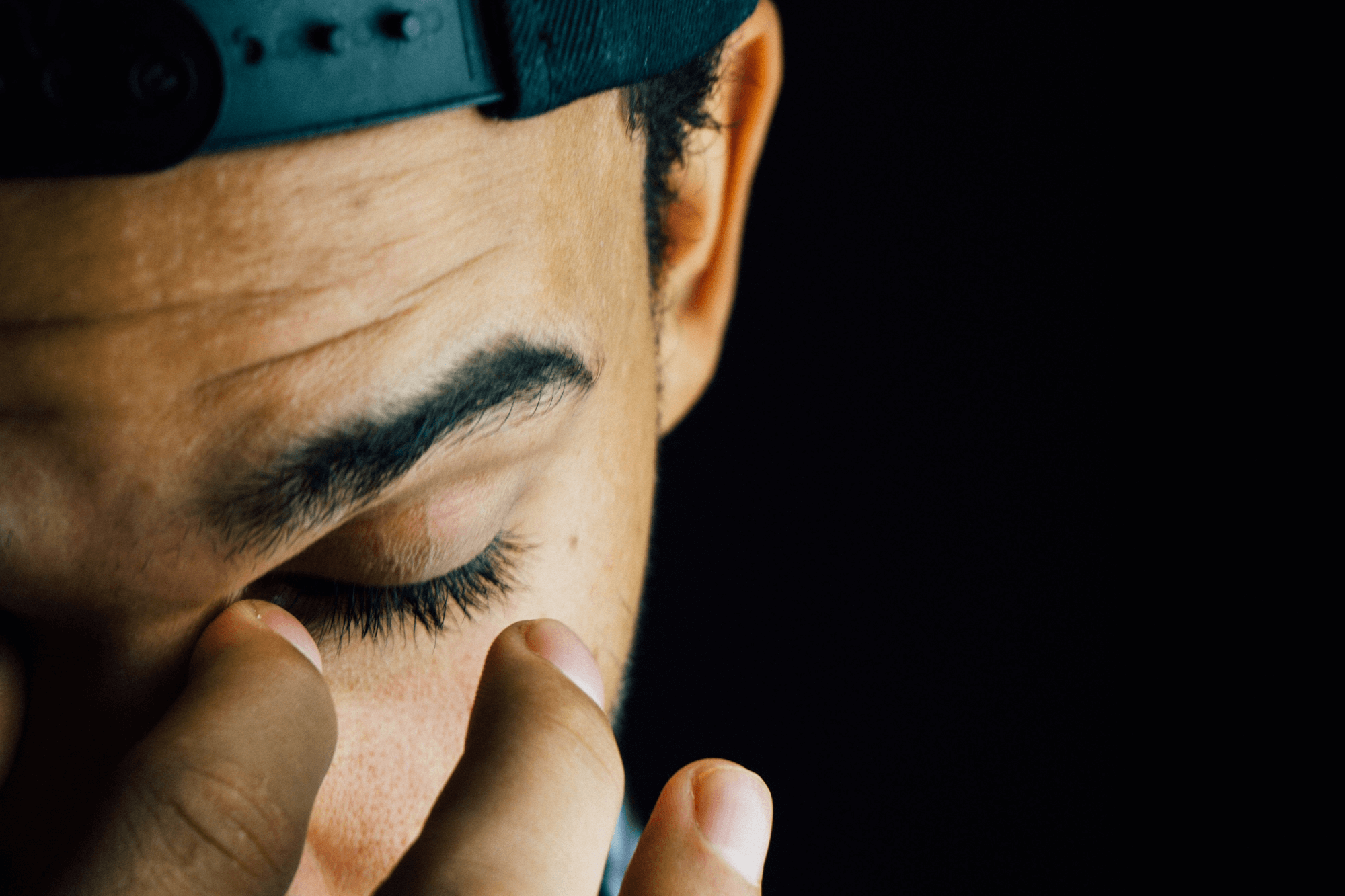
Avoid Caffeine and Nicotine:
Steer clear of stimulants like caffeine and nicotine before bedtime, as they can further disrupt your sleep.
Caffeine, which you’ll find in coffee, tea, and even some fizzy drinks, can linger in your system for quite a while, making it tricky to drift off to sleep.
If you’re lucky enough to fall asleep, caffeine is also disruptive to different stages of sleep. So if you can, avoid espresso martinis in the evening at all costs!
Similarly, nicotine, found in cigarettes and some e-cigarettes / vapes can act as a stimulant, increasing your heart rate and alertness.
By avoiding these substances in the hours leading up to bedtime, you can give your body the best chance to wind down and prepare for a restful night’s sleep.
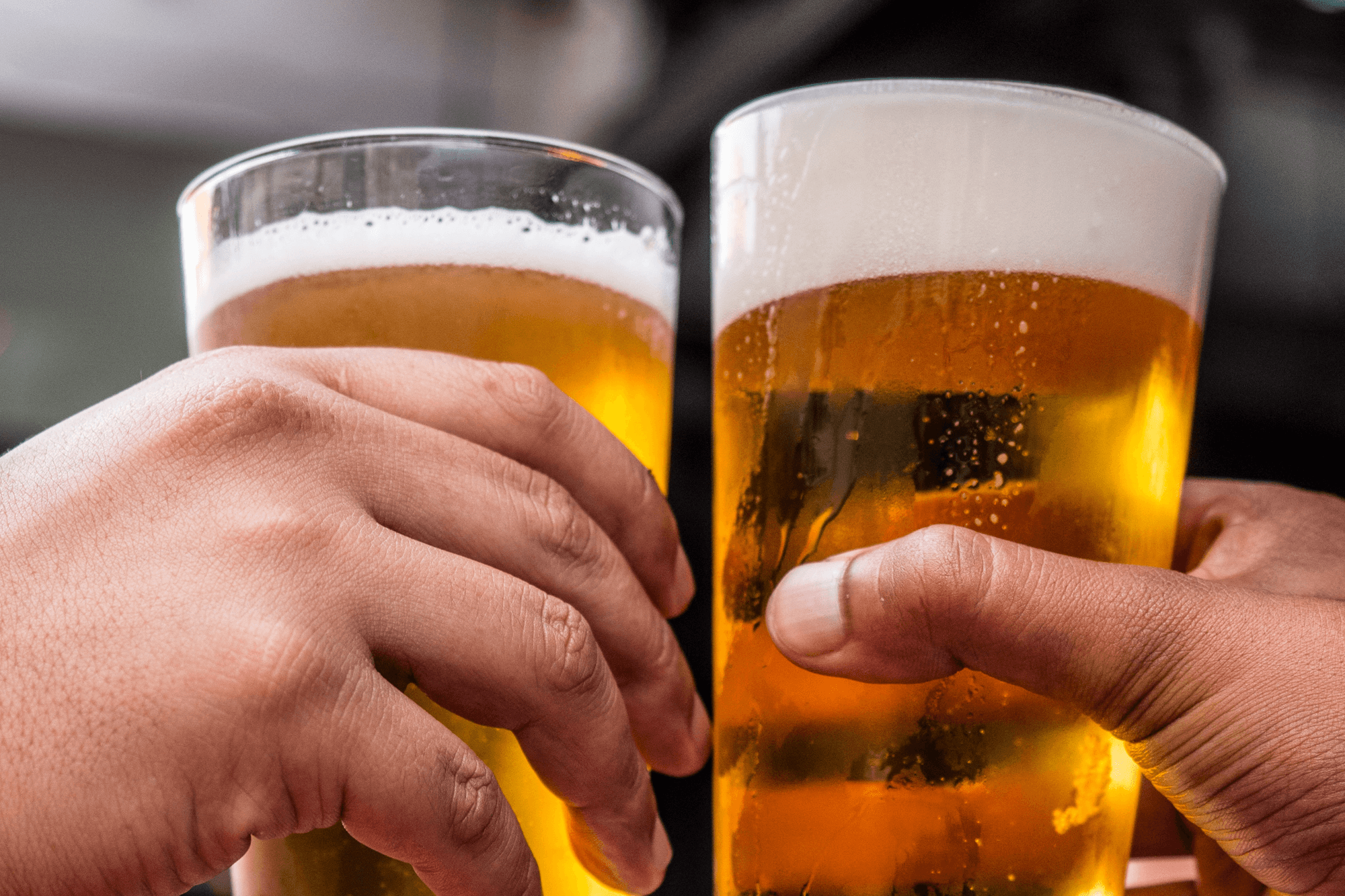
Supplements:
Certain supplements can help support your body’s recovery after consuming alcohol and promote better sleep.
Glutathione, for example, is an antioxidant that helps your liver detoxify and can become depleted after drinking alcohol. Supplementing with glutathione can aid in liver function and recovery, as it has been found to improve sleep quality in people who have naturally higher levels running through the body.
Glutathione can also reduce symptoms of a hangover if replenished, so take glutathione before you go to bed and upon waking.
Magnesium Glycinate, another helpful supplement, can improve sleep quality and relaxation. A question that is often asked is:
Can I take magnesium glycinate after drinking wine?
Yes, you can take magnesium glycinate after drinking wine or beer. Now it won’t be able to mitigate any intense hangovers if you’ve had too much, but it may be able to improve your sleep quality if you’ve had a smaller amount.
5-HTP can help regulate mood and sleep, by helping the body more efficient with producing melatonin.
CBD Oil – CBD is great at reducing nausea & giving you that tired eye feeling. If you’re not feeling great, this can help you get tired enough to be able to have a nap through the day or get you to sleep at night.
Sleep Patches: Consider using a sleep patch, which contain calming and sleep-promoting hemp ingredients, to help you feel more relaxed and wake up feeling refreshed. These patches might actually be more useful for the next day/night, to help with those anxiety side effects that come from alcohol consumption.
Sweet Dreams! z zz zzz
Conclusion:
Prioritising sleep, even after a night of drinking alcohol, is crucial for your overall well-being.
By making sure you’re well hydrated, paying attention to how much you drink, giving your body time to process the alcohol, creating a cozy sleep environment, avoiding stimulants, and incorporating helpful supplements, you can boost your sleep quality and reduce the not so great impacts of alcohol on your body.
Remember that moderation is key, and always drink responsibly. Sweet dreams!

